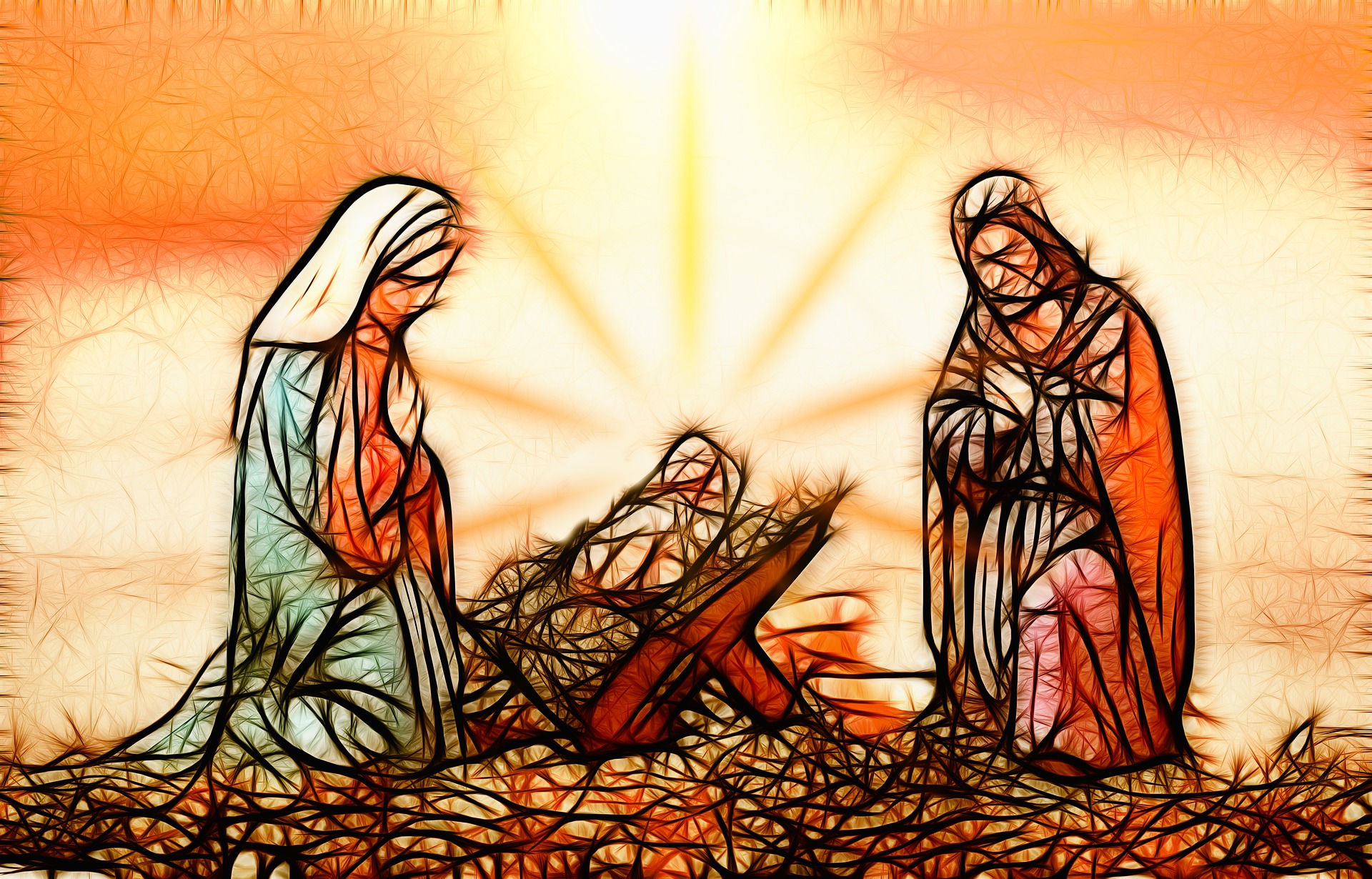A recent survey puts a surprising number of American Christians outside orthodoxy in relation to the birth of Jesus and his supposed pre-existence. Is there a good explanation for this? Perhaps the straightforward narrative of scripture, and its teaching about the man Jesus Christ, is what sincere church-goers pick up on with good reason.
When Jesus said "I and the father are one", what was the context? Our discussions lead us to understand that the phrase shouldn't be a theological battleground but is part of an intensely profound and practical theme for the lives of believers in Jesus which weaves through all parts of the New Testament.
We talk about practical ways of getting to know Jesus even though we only have written accounts in the Gospels to work with. Just as we change when we know and love someone really well, knowing Jesus should change us too.
All sorts of terrifying images come to mind with the word hell! We build up a coherent picture that makes sense in the light of a moral God who has shown himself in the face of Jesus as full of grace and truth.
In this episode Dan chats with Professor Anna Whittaker about her expertise and how it relates to the Bible. There is plenty to learn from Jesus about stress and anxiety. He knows from experience of course, because he endured acute times of stress himself.
The first book of the New Testament is packed full of insight about Jesus, God, the problem with humanity and God's kingdom that Jesus announced. If you want to understand what the Bible and Christianity is really about, you can't go wrong starting with the gospel of Matthew.
There's so much that could be said about the record of Jesus' crucifixion and resurrection so we focus this discussion on just one phrase that Jesus said on the cross. It's a heart wrenching moment, but what we think he meant is guided by who we think Jesus is. We explore the narrative, the Psalm in the background and end up with the reflections of the Apostle Paul and the conclusion of Matthew's gospel with the glory of the resurrection.
Who is Jesus? This gets to the heart of the gospel, so we think about what it means for Jesus to be Son of Man, Son of God, Son of David and Christ.
When Jesus says "the Kingdom of Heaven is at hand!" what kind of kingdom is he talking about? Is heaven a location or something else? Dan and Laurence discover that the kingdom concept is deeply rooted in the message of Israel's ancient prophets while also carrying a timeless call to action.
John's gospel climaxes when a series of people come to belief in Jesus. What’s fascinating is the different stages of belief that each individual represents - from scepticism to an embracing conviction and everything in between.




